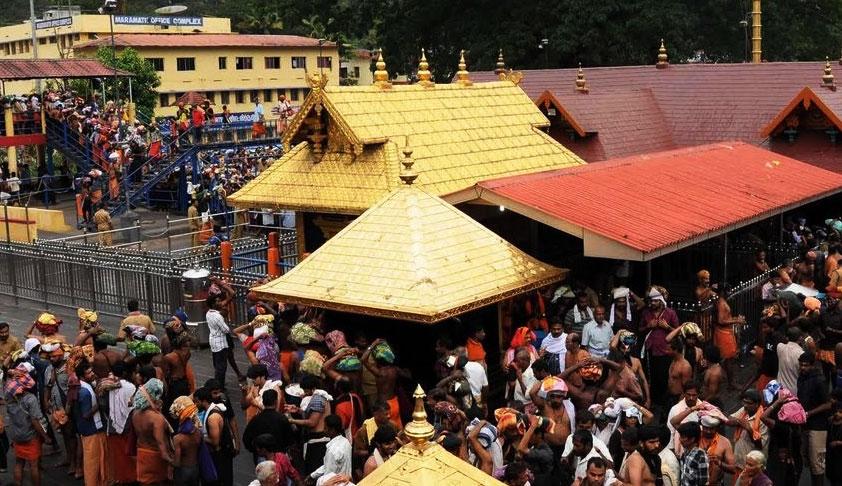- Home
- /
- Top Stories
- /
- Supreme Court Reserves Judgment In...
Supreme Court Reserves Judgment In Sabarimala Women's Entry Case
Mehal Jain
1 Aug 2018 10:10 PM IST
In the post-lunch session on day 8 of the hearing of Sabarimala matter, Ms. Jaising prayed that women be accorded the same treatment, in context of the Sabarimala Temple, as the Harijans who were earlier disabled from entering places of worship.It was her contention that to restrain women from offering prayers at the Temple on the premise of preservation of ‘perpetual celibacy’ of the...
Next Story



